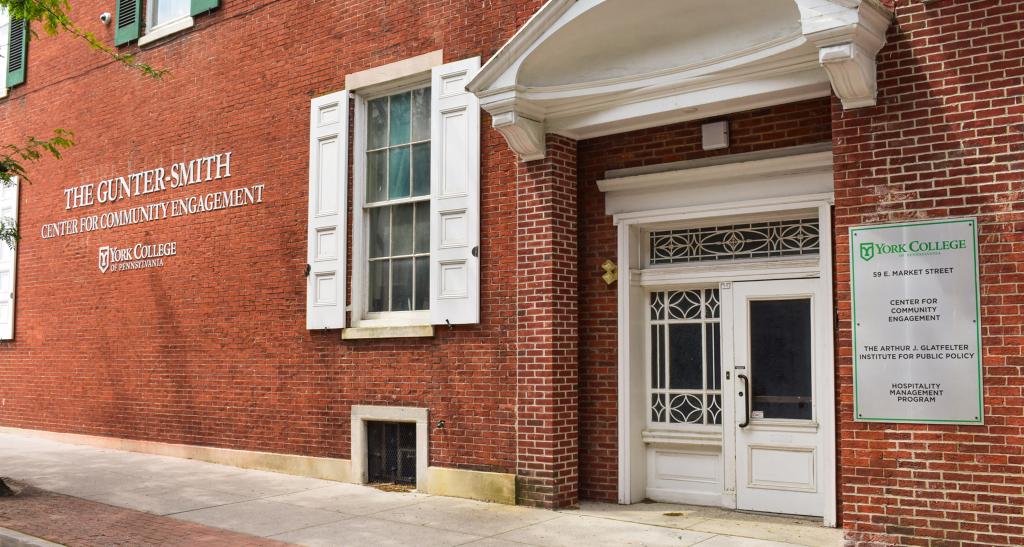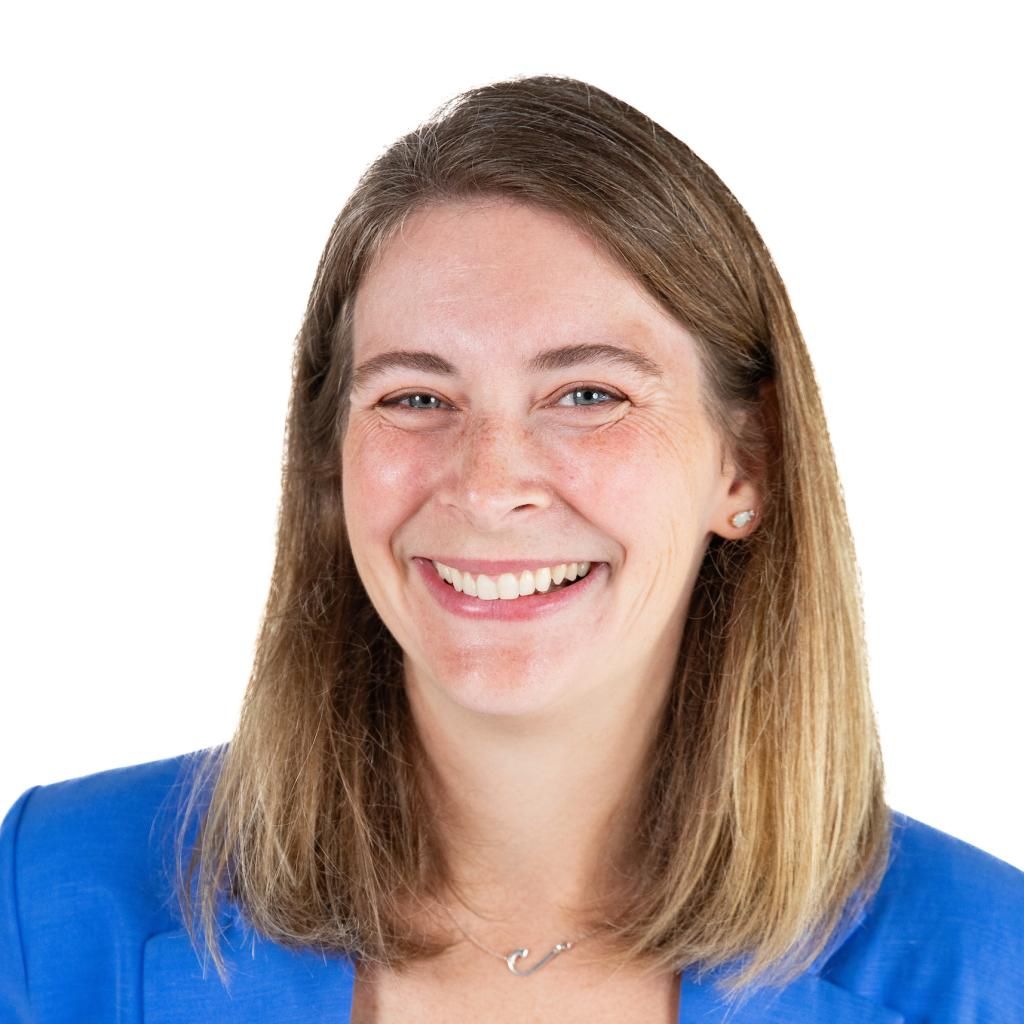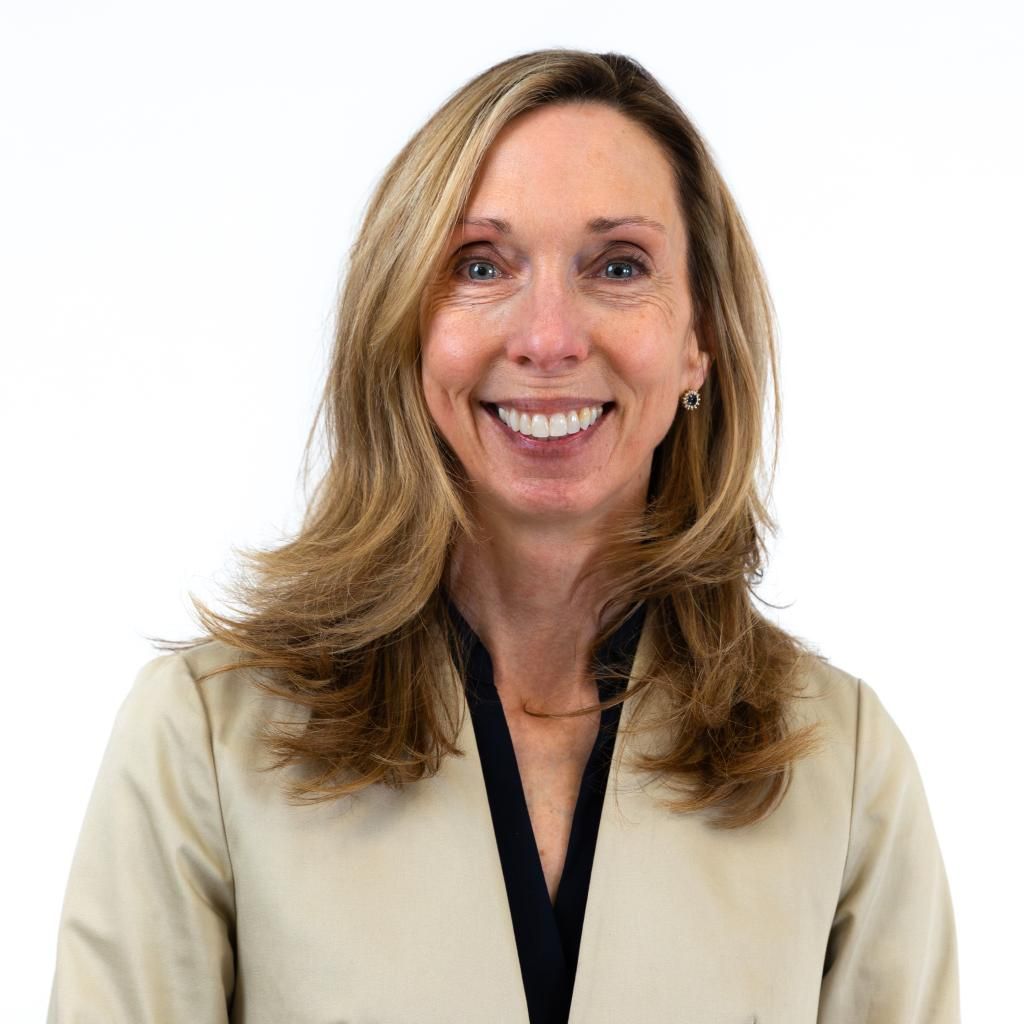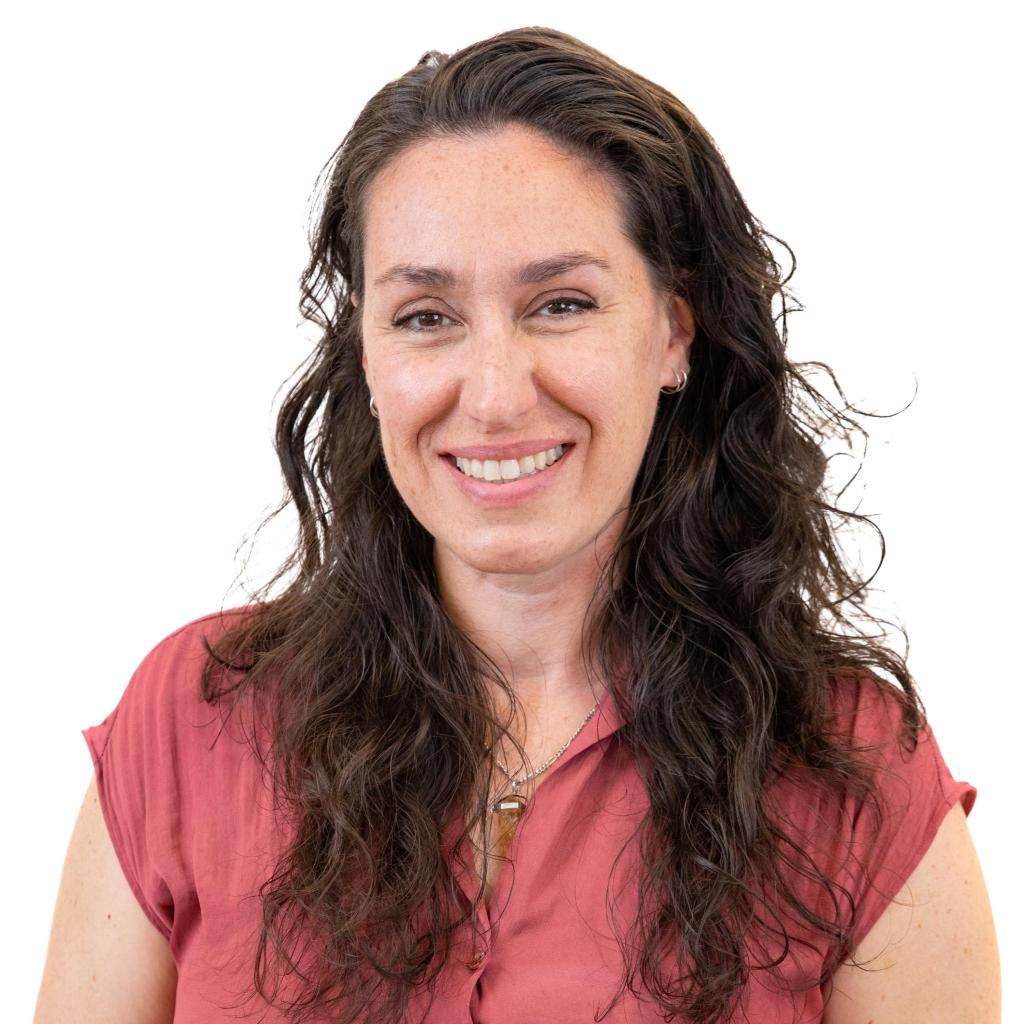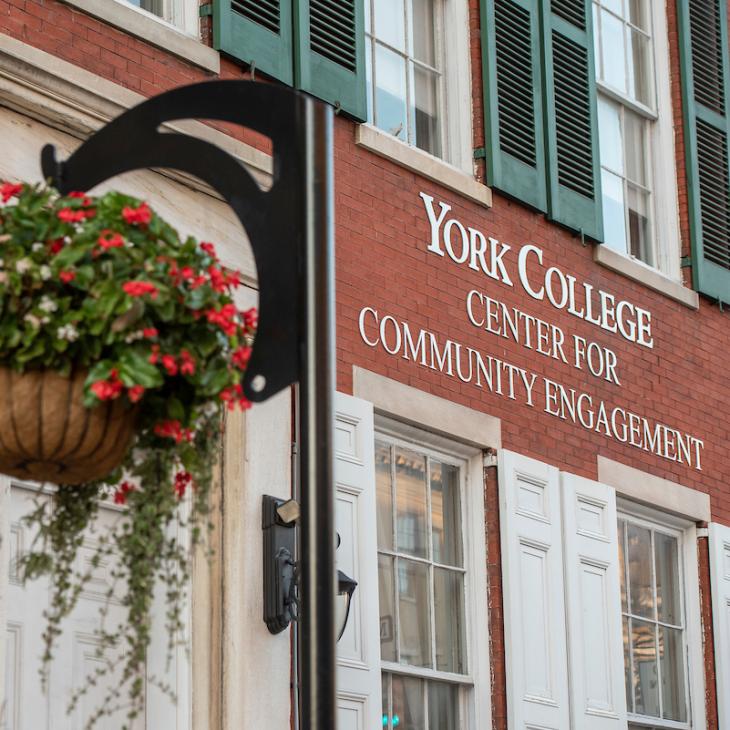
Live out your passions.
While students might think of research as a process simply meant to write academic papers, community-based learning demonstrates that “research” is important in all career fields and projects. Business majors do marketing research, test products, analyze data, and find case studies that create better ventures. Engineers don’t only build products, but they find the ways in which their products can address the technological needs of their communities. Nurses and psychologists look for better ways to serve their patients, and political scientists study the effects of public policies.
These are all things that you learn in a classroom, but also that you can learn more richly as you work with local organizations and businesses to apply research to solving problems and find the special contributions that will let you live out your passions.
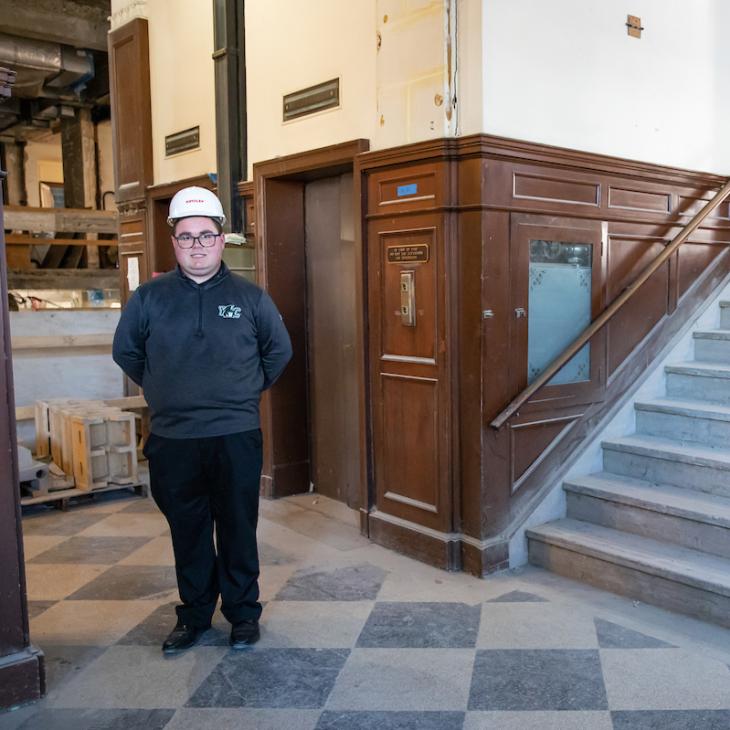
Values
We believe that:
- Colleges have an obligation to serve the community within which they are situated.
- Students learn better and more deeply by doing real-world research, not just writing academic papers.
- Both students and the community benefit by the research done in community-based learning courses.
- Community-based research projects emerge from needs identified by community partners and addressed by our students and faculty.
- Our students can contribute new perspectives and valid research that addresses community needs.
Frequently Asked Questions
Students who participate in community-based research become better and more informed citizens, create real work products to show potential employers or graduate school admissions teams, and learn the work of their field more deeply by applying it to real-world research. Merging research methods learned in the classroom with community problem solving allows students to learn skills they’ll use on the job.
Our students can do research and perform actions based on a need that they identify, bringing fresh and thoughtful innovations to their organization's work. Student research is reported back to the community partner, and often helps to improve the work of their organization.
All types! Students work with businesses (large and small), nonprofit organizations, government and non-governmental agencies, educational institutions, and cultural and arts organizations. Our students have a range of skills, and so we help them apply it within a range of partnerships. Working side by side, community members and students do research that can solve current social, business, and government problems.
For example, you could:
- Work with social service agencies such as the YWCA and the Community Progress Council to research the needs of those they serve;
- Work with local businesses to better understand the problems that you can help to solve by combining your education and your creativity;
- Work with healthcare providers such as WellSpan and Family First Health to find and develop solutions that promote wellness in the community;
- Work with arts and culture organizations such as the Cultural Alliance of York County and our own downtown cultural center, Marketview Arts, to demonstrate the personal and economic benefits of the creative arts; or
- Work with area technology firms such as DataForma to research new solutions to human needs.
And the list of community partners keeps growing.
The Center for Community Engagement and the Center for Faculty Excellence facilitate community-based research projects by providing resources and guidance to students and faculty. Reach out to us for assistance with finding a community partner, connecting with other interested students and faculty, or setting up logistics for a project. We’re here to help, even if you just have an idea you’d like to brainstorm!


